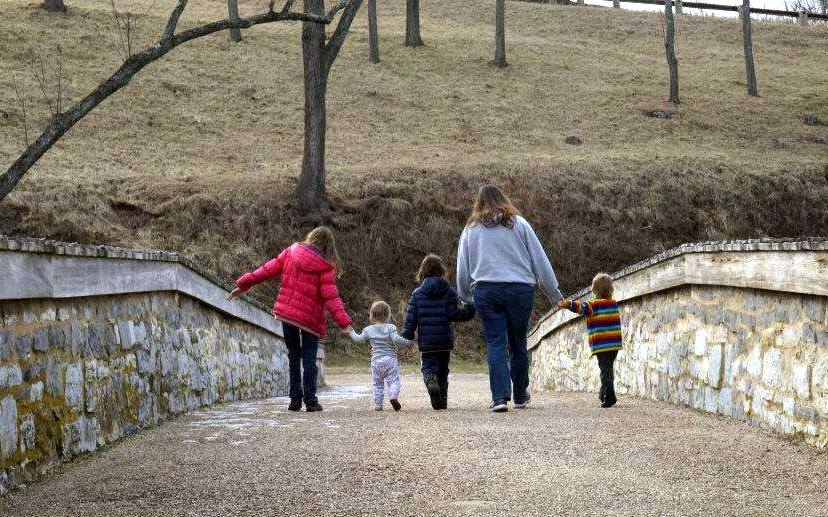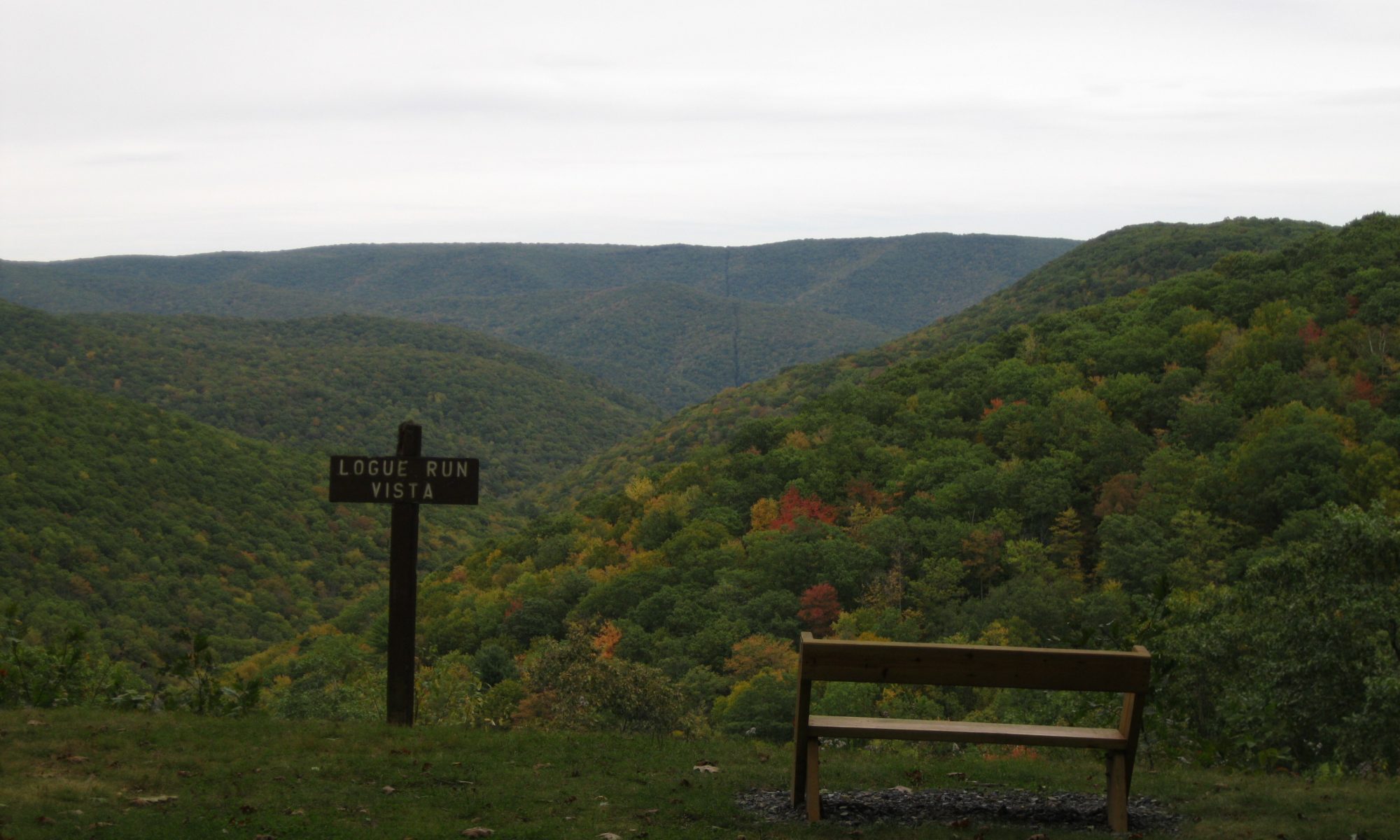Why are you writing a memoir?
For most, it is either that they are a celebrity or near-celebrity and want to share an intimate look of life behind-the scenes, or they have a particular brand of traumatic experience and want to share that. Of the latter, there are also at least two categories. The ones I recognize are ‘writing for therapy’ and ‘writing from hope.” I’m trying very hard to write from hope; a sense of hope that comes from having made a life for myself despite my early circumstances.
It’s my childish hope that one day my story might shed a little light into the dark places of another’s hardest moments. Be they in the past or present, there is a chance that those times can be made a little easier for others by reading about my determination to thrive.
It keeps me writing.
But, the writing process is fraught with triggers. I am intentionally looking into my own darkest moments, dusting them off and making them look brand-new for my reader’s viewing.
How does a writer work to take care of themselves as they willingly put themselves through that process on a daily basis? We all know about prayer, meditation, and yoga. I’m a mom-of-four, if I try to do yoga I typically end up with kids climbing on me. Prayer and meditation are hard with the constant screaming and interruptions.
I’ve looked for years and collected some of the best bits of other advice on how to recover from triggers. I’ve paid attention to what has worked to get me back to writing. Some have worked well; others have not. There is little rhyme or reason to the success or failure of any method, because each trigger and person is unique. My advice is to try them out and see what works best for you.
- Take a break: This works, but doesn’t help you get back to it if it turns into days or weeks.
- Take a walk: Did not work for me. The more you walk, the farther you are from home.
- Take a drink: I mean alcohol. This works, in moderation. I don’t like to “write drunk, edit sober.”
- Breathe: This works to bring me down one notch, but it is not effective if I need to come down ten notches.
- Change your temperature: This gem of advice from my therapist has been a game-changer. Get a cold cloth on your face, or warm sweater and socks on your body. It really helps shut down the physiological trigger process and helps me get back to center.
- Eat/drink: Really, how many of us forget to eat and drink enough while writing. Hunger and thirst can be triggers all by themselves. Self-care means feeding yourself!
- Call someone: Do you already have friends or family that support you through the process? Find someone you can call and talk to about your process. It will make your writing better.
- Journal: Not for the memoir, but just to get out all the thoughts and feelings you have that need to get out of the way before you can get back to writing good, concise stories.
- Watch mindless TV: Shut down your brains and dissociate! You have permission. Sometimes it can be very good to let go and let your brain work on it for a while. I have found it is much easier to go back and edit/finish writing that triggering piece after I have stewed on it awhile.
- Read something unrelated: For the same reason as mindless TV, but possibly more productive as reading helps to develop your voice. I also find that reading helps my own stories bubble up. Twice this week I have put down a book to write a story that needs to be added.
- Take a bath/shower: I think this works, in part, because it changes your temperature. I think it also helps to clear the air, ground out negative energy, and reset the mind. It can also help you to feel better about your appearance, which can give you an added boost.
If you have more coping strategies or want to share how these worked for you, leave me a comment below. I’d love to hear from you.



